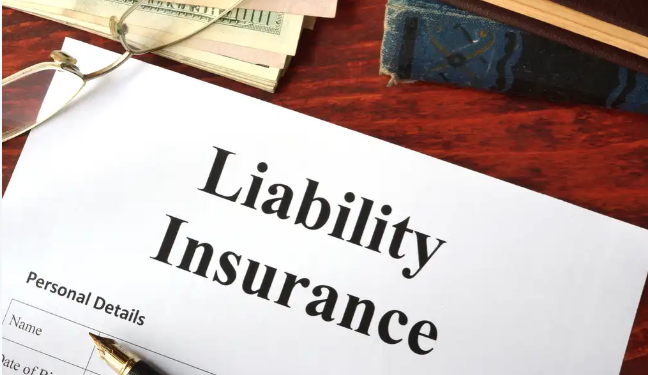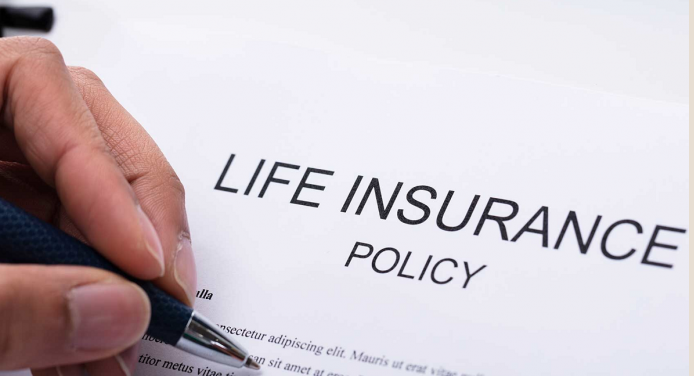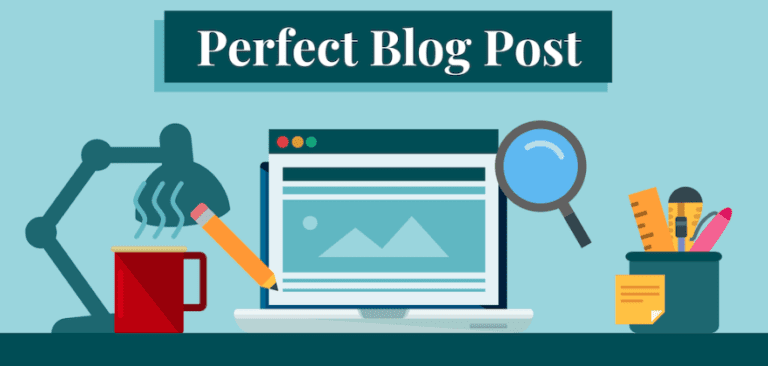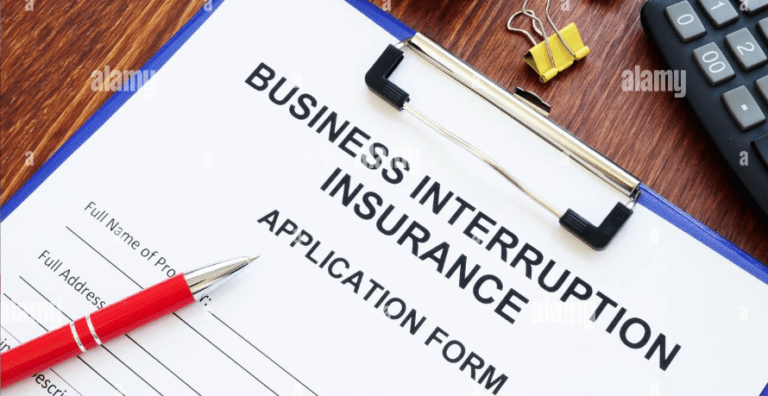Liability insurance explained.
Liability insurance is a type of insurance that protects an insured party from lawsuits brought about by injury to third parties and property damage.
Any legal fees and payouts that an insured party is accountable for if they are held legally liable are covered by liability insurance policies. Liability insurance coverage typically does not cover intentional harm or contractual obligations.
When someone is responsible and at blame for another person’s injuries or when an insured party destroys another person’s property, liability insurance is essential.
Liability insurance is hence sometimes known as third-party insurance. The insurance company receives premium payments from policyholders and, if damage or injury occurs, makes payments up to the maximum allowed under the specific policy.
Liability insurance safeguards your company in the same way that your auto insurance safeguards you while you’re behind the wheel and your homeowner’s insurance safeguards your home and property.
Liability insurance safeguards the business if one of your employees damages a person or their property while conducting business. Your liability insurance policy covers them if a good or service your company provides hurts someone.
If you are sued for any of the aforementioned reasons, your company liability insurance should provide coverage for both damages and defense. Liability insurance covers both you and your business because your business is an outgrowth of your labor and efforts.
Types of Liability Insurance.
There are various types of insurance policies that offer liability coverage. Liability insurance has the same basic idea, but the specifics of the coverage can vary depending on the type of policy.
General Liability Insurance – Common names for general liability insurance (GL) include Business liability insurance (BL) or Commercial general liability (CGL). Not only do businesses need this kind of security. It’s a crucial element of any house or auto insurance plan.
This insurance shields you from financial obligations for expenses related to third-party property damage or physical harm sustained on your company’s property or brought on by your goods or services in a business setting. If someone accuses you of anything, general liability can help defend you.
Damages to property and bodily harm – Any harm suffered by a client or customer at your business is considered a bodily injury. For instance, your general liability insurance may help pay for the patient’s medical expenses if a customer enters your flower shop, slips on the wet floor, and fractures their leg.
The staff at your company is not covered by general liability insurance. Instead, your workers’ compensation insurance plan- a kind of employer liability insurance covers them.
Any harm you or your employees do to the property of a third party is considered property damage. The general liability would assist in covering the costs to restore the harm, for instance, if your landscaping company’s mower throws up rocks that smash a customer’s window.
Injury to reputation – When another company claims that your company has harmed its reputation. Let’s imagine that during a gathering, your employees compare your goods to that of a rival. When your rival learns, they sue your company. General liability can assist in defraying your defense costs in situations like this. Other instances of reputational injury include:
>Malicious prosecution
>Libel
>Slander
>Unlawful eviction
>Privacy bleach
Inaccuracies in advertising – Claims of copyright infringement might be made against mistakes in advertising. General liability insurance might help pay for your legal defense if you’re marketing company uses a copyrighted image in an advertisement without authorization.
Professional Liability Insurance (Errors and Omissions) – Errors and omissions insurance or malpractice insurance, often known as professional liability insurance, is designed for businesses that provide professional services, including those provided by architects, engineers, healthcare providers, lawyers, and accountants.
This insurance covers you in case your fault or negligence causes someone to get hurt or lose money. Additionally, it covers the insured’s out-of-pocket costs in the event of legal action, including defense fees and plaintiff compensation.
The following are some instances of what professional responsibility may help to pay for:
In other situations, legal expenses might range from $100 to $200 per hour or more. Cases involving professional liability may drag on for months or even years.
Therefore, the expense to defend yourself in court could range from $3,000 to $150,000, but if you have professional liability insurance, these costs are covered.
-Costs associated with the court, such as those associated with booking a courtroom and paying expert witnesses.
-Expenses associated with administration, including the cost of compiling documentation, include Medical records,Business receipts, customer waivers, and written testimonies.
Employer Liability – Employees who sustain sickness or injuries at work are not protected by professional liability. Your business requires workers’ compensation insurance for that level of coverage.
Workers’ compensation is a sort of employer liability insurance that covers benefits for your staff members who become ill or injured on the job.
Depending on your state’s laws, you and other business owners may be obliged to get workers’ compensation insurance. Getting this coverage is a smart idea even if it’s not required by law in your jurisdiction because it can:
>Pay the cost of medical treatment for workers who become ill or injured on the job.
>Defend your company from a lawsuit arising out of a work-related illness or injury.
If one of your employees becomes ill or injured as a result of their work, workers’ compensation may be able to protect them. Several instances include:
-Your manager breaks her wrist after tripping over a stray package in her new office. Her medical costs may be covered by workers’ compensation.
-A coal miner’s extended exposure to low air quality causes a black lung. His medical expenses and continued care may be partially covered by workers’ compensation.
-After years of poor typing habits, your receptionist suffers from carpal tunnel syndrome. Bursitis and tendinitis are two other instances of ailments brought on by repetitive tension.
Along with covering medical expenses, workers’ compensation contributes to:
Disability benefits – If a doctor determines that your employee is either permanently or temporarily disabled. The amount and length of disability benefits vary by state.
Lost wages when an employee needs to take time off to heal from an injury sustained at work.
Funeral expenses – Should one of your employees tragically pass away due to a workplace accident?
How insurance companies Approach liability claims.
Even while it seems simple and relatively uncomplicated to claim relief from your insurance company, the process is sometimes anything but smooth.
This is due to the real purpose of the insurance firms’ motivations.
The goal is to maximize the profit from the premiums paid by the policyholders, not to provide compensation for individuals who suffer harm due to their negligence. This can be done in this manner if:
-No allegations are made, i.e., that their policyholders harm anyone.
-Insurance companies pay as little as possible on claims made to their policyholders when those claims are filed, believing that they can get away with it.
For instance, if an insurance provider covers 1,000 drivers for $50 per month for liability coverage and no incidents result in claims against any of the policyholders necessitating a payment to the provider, the provider just earned $50,000 ($1,000 x $50) that month.
If only one claim is filed and the insurance company has to pay $10,000 on that one claim, it will have made $40,000 that month, which is $10,000 less than it had anticipated.
Insurance firms try to avoid the negative financial effects of paying out on claims, as seen above, by either outright rejecting claims or by negotiating a lower settlement amount.
Denying claims.
The optimum outcome for a claim is always to pay nothing, but how do insurance companies achieve this? It is frequently performed by the insurance provider asserting that there isn’t enough proof that one or more of their policyholders is at fault.
In the case of an automobile accident, for instance, if the individuals engaged in the collision gave the responding law enforcement official different statements and there were no outside witnesses to the incident, the accident report can indicate that fault cannot be placed on any one of the parties.
The insurance company will always consider the evidence favoring its policyholder (in favor of refusing to pay for a claim) and will constantly be on the lookout for the capacity to argue for a lack of proof demonstrating the policyholder is at fault.
The lack of evidence defense is even more frequently employed in situations in which there is typically no post-accident report filed, such as when an injury takes place on a homeowner’s property or the premises of a business or store.
Minimizing claims.
They will examine the accident once again within the setting of an automobile accident to locate proof that allows them to make an argument.
To twist the facts in a way that supports the claim that the collision was minor, they will seek physical evidence such as whether the airbag deployed, the degree of the injured person’s automobile’s damage, where the injured person’s car came to rest after contact, and any other physical evidence.
Additionally, they will make an effort to dispute the amount of medical debt they are accountable for.
If your claim is accepted, the insurance provider will pay you the sum they decide the loss to be.
Depending on the specifics of the insurance claim, you might receive the money or the insurance provider might transfer it directly to any third parties involved in the loss, like a mechanic.
The legal team will either authorize or refuse the claim after reviewing all the details. If the claim does not comply with the terms of the policy, they may reject it or request more information before approving it.
You’ll be informed of the outcome after the claim is authorized or rejected.
Final Thoughts.
Liability insurance is important in every aspect of life and people should take this cover to protect from the above mentioned possibilities.
Therefore, while making options for insurance cover, liability insurance will be taken with much seriousness as car insurance.







